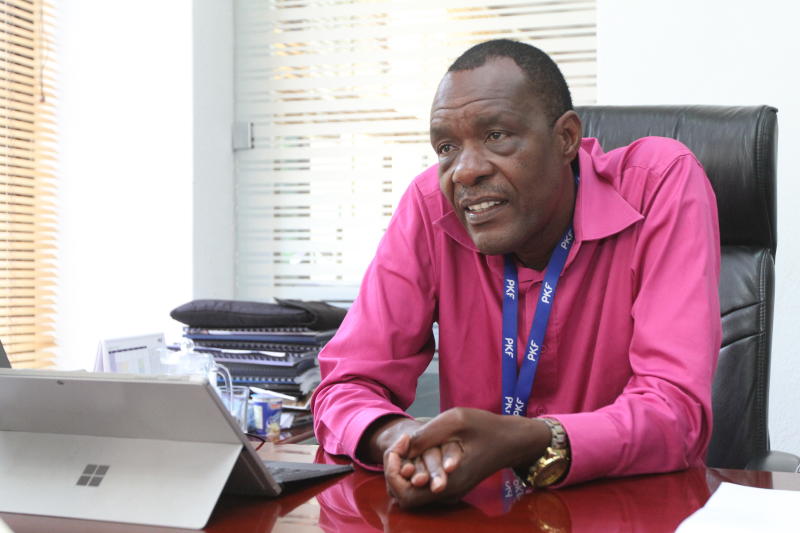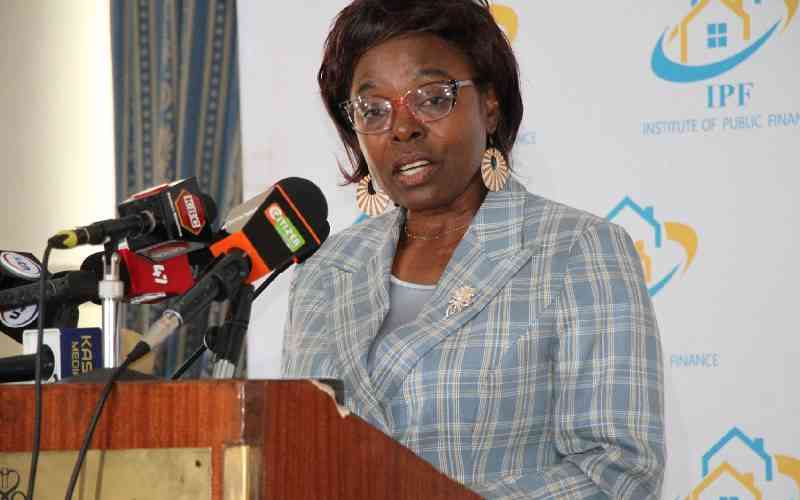×
The Standard e-Paper
Join Thousands Daily

For 32 years, Peter Kahi has probed the insides of companies that are on life support, and prescribed a revival or death dose.
Mr Kahi is in an elite class of about 20 insolvency practitioners in the country who are called upon when companies slide to the bottom and have to be placed in administration.







